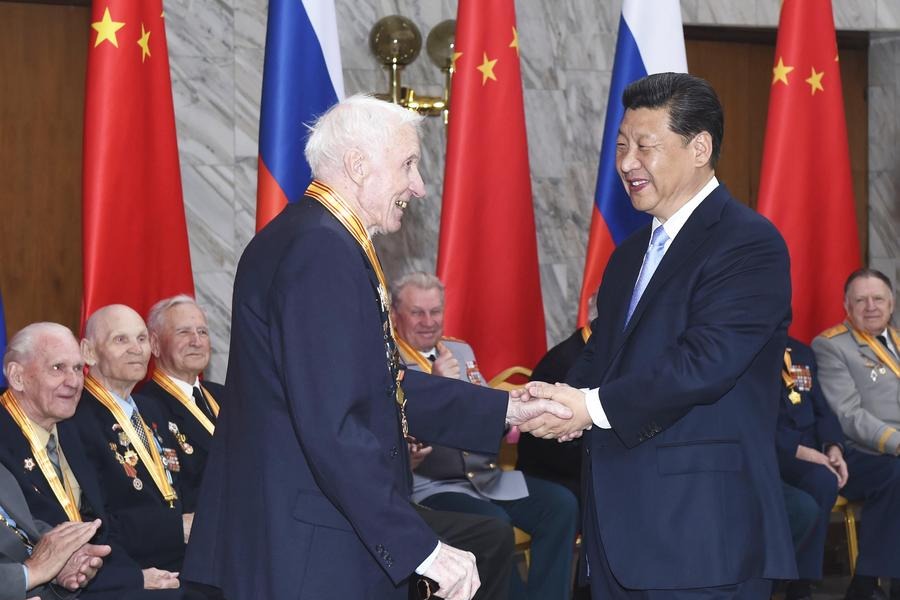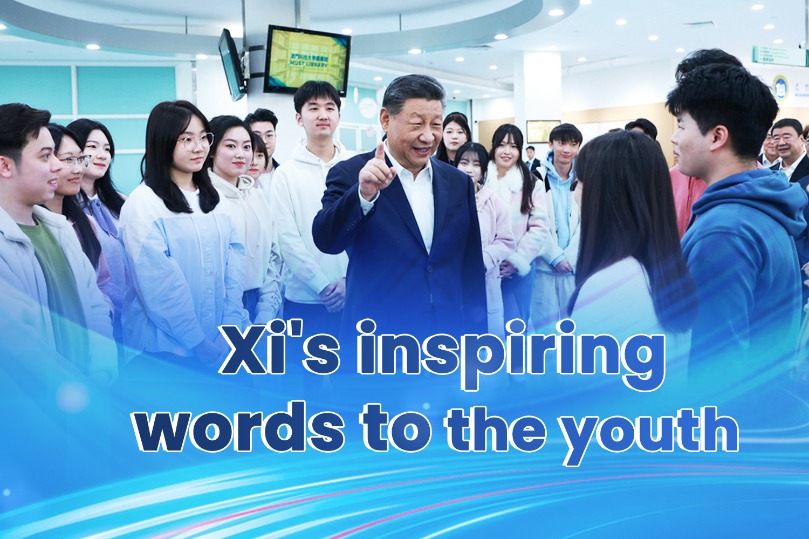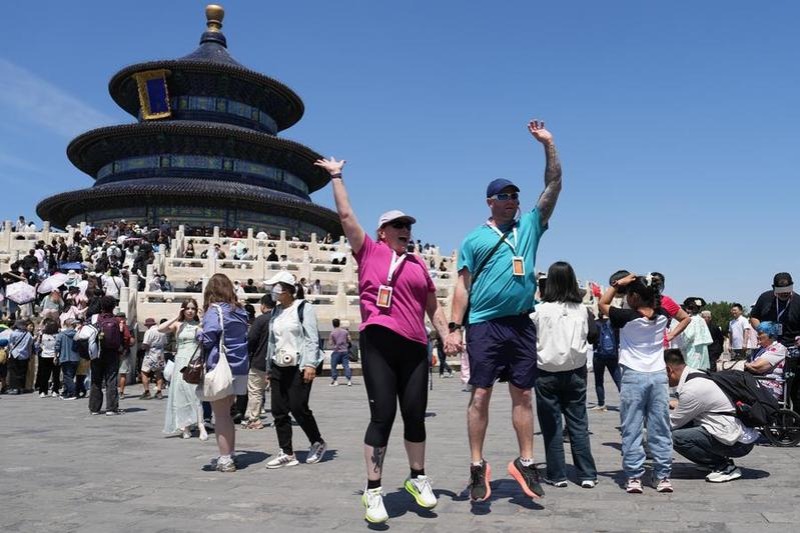Innovation, tech kickstart a clean energy revolution in Qatar

The clock is ticking on the climate crisis. And as major events — such as the World Cup — attract millions of visitors to specific parts of the world, the carbon footprint left behind by tourists, construction services, infrastructure demands — is significant to say the least.
However, FIFA, in coordination with this year's host nation, Qatar, seems to be proving they not only have the desire to offset the World Cup carbon monster, they also have the technology and knowledge needed to implement a carbon-neutral event.
In fact, cooling technology has become one of the major success stories for the Supreme Committee (the organization responsible for the delivery of required World Cup infrastructure, planning, and operations). The revolutionary system was first showcased at the inauguration of Khalifa International Stadium, the multi-purpose stadium in Doha, in 2017 and has since been adopted by six more tournament venues, as well as other facilities across the country.
The air circulation technique cools the air within each stadium and its barriers, filters it and pushes it out toward the players and fans. Each stadium is cooled to a comfortable temperature of around 20 C, with spot cooling enhancing the commitment to sustainability and the environment.
The technology is also unpatented — meaning businesses and countries can use it to develop similar systems.
The Supreme Committee is also dedicated to delivering zero landfill waste and instead recycling, composting, or converting all waste to green energy. Extensive testing took place during the FIFA Arab Cup 2021, where waste was segregated into organic, plastic, metal, electronic, and cardboard categories. The remaining waste was sent to the Ministry of Municipality's Domestic Solid Waste Management Centre for further treatment at a waste-to-energy plant.
During that tournament, each stadium recycled at least 42 percent of the waste generated, with the remainder converted to green energy.
Qatar also built three new lines for the Doha Metro, in anticipation of the World Cup. The lines have reduced congestion, greenhouse gas emissions, noise, and air pollution associated with road transportation. And free use of the metro has been made available to ticketholders of the FIFA Club World Cup Qatar 2019, as well as hundreds of accredited security, media, and other event staff.
According to Secretary-General of the Supreme Committee, H.E. Hassan Al Thawadi, "across different sectors, the country is working tirelessly to develop a knowledge-based economy — reducing the reliance on hydrocarbons and supporting Qatar's social, economic and environmental journey — and the World Cup is a vital catalyst for accelerating that vision."
All of this is just the tip of the iceberg when it comes to climate-facing innovation in Qatar. Thanks to cutting-edge facilities and technology, the country is in the midst of a fascinating and potentially world-changing effort that should be studied, implemented, and applauded globally.
Billions of football fans around the world waited for four years to cheer on their country's team competing in the most-watched spectacle in sports.
This year, fans and athletes are witnessing a truly special experience.
The author is the best-selling author of Exponential Organizations.
The views don't necessarily reflect those of China Daily.
Today's Top News
- China urges Japan to stop Diaoyu Island provocations
- Xi to pay state visit to Russia, attend Great Patriotic War Victory celebration on May 7-10
- California open to trade with China: state governor
- Leadership through cooperation, not coercion
- World Aquatics president impressed by diving passion at 'Water Cube'
- China sees surge in new 'digital intelligence' jobs






























